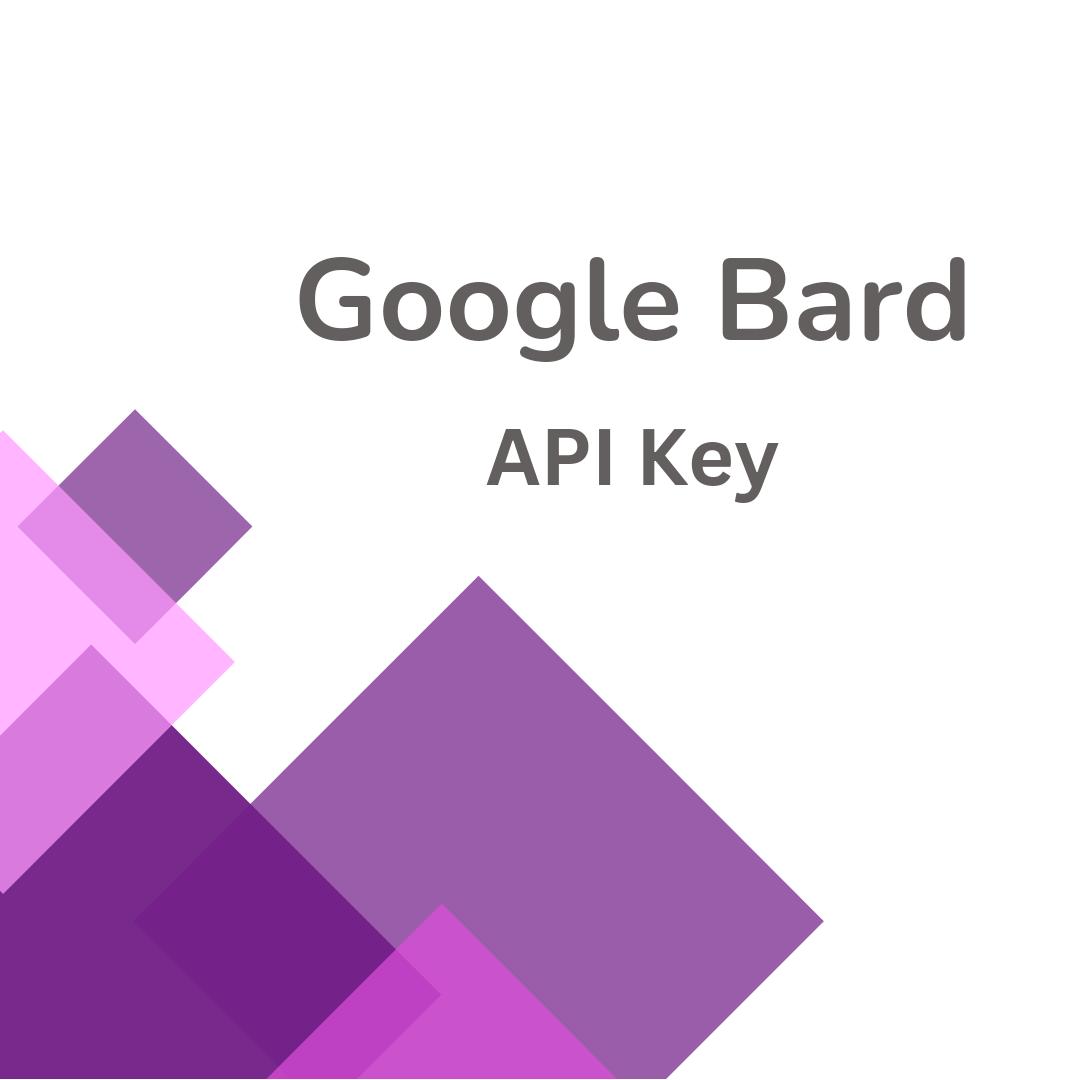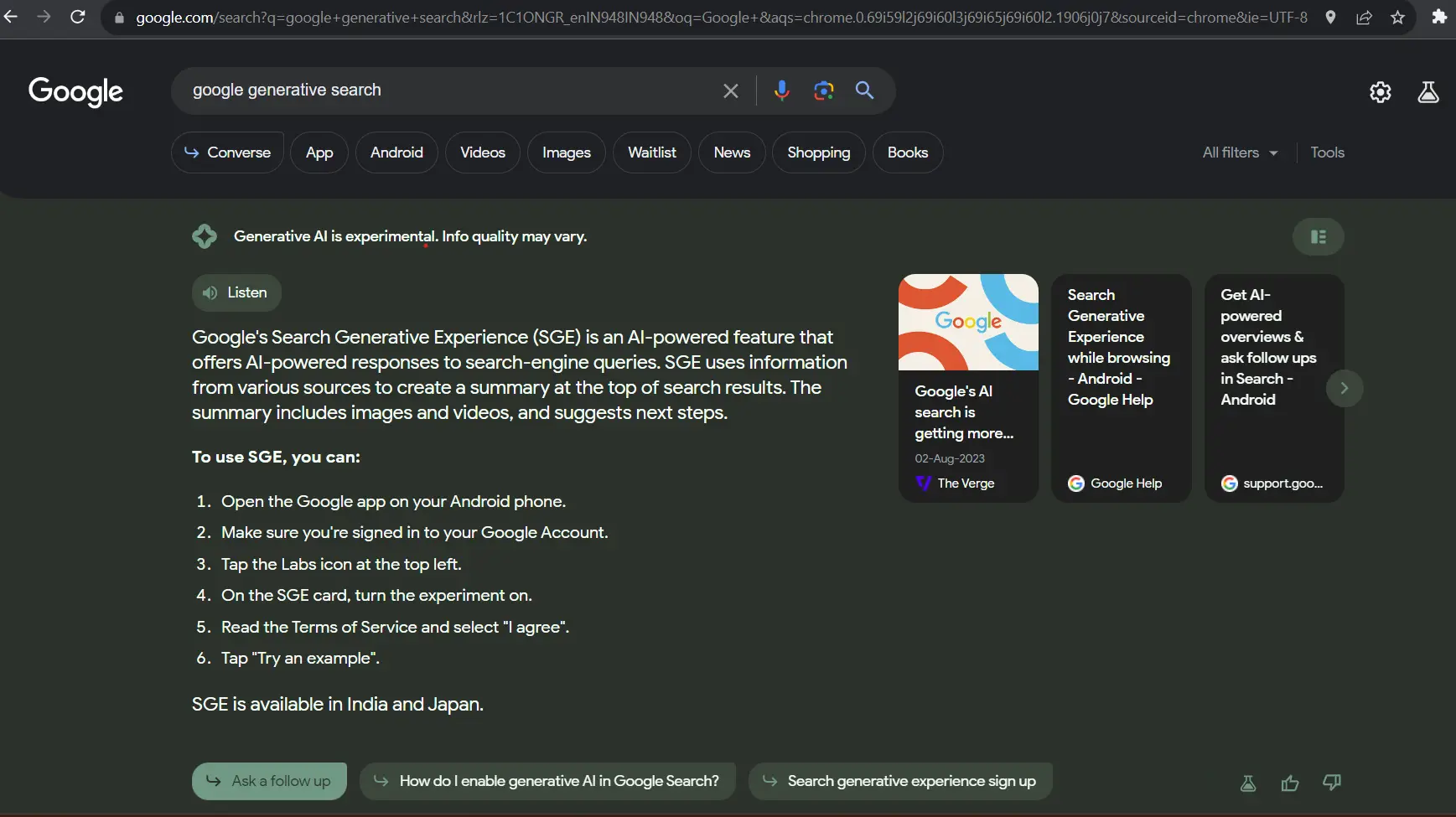Google DeepMind, the AI research arm of Google, has announced the launch of Gemini, its most advanced and capable multimodal AI model to date. Gemini is a large language model (LLM) that can work with text, images, audio, video, and code, and perform a variety of tasks, such as natural language understanding, computer vision, speech recognition, and programming.
What is Gemini and what can it do?
Gemini is the result of years of research and development by Google DeepMind, building on its previous breakthroughs such as AlphaGo, AlphaFold, and Bard. Gemini is designed to be a general-purpose AI system that can learn from any kind of data and perform any kind of task, using a combination of deep learning, reinforcement learning, and symbolic reasoning.
Gemini comes in three sizes: Ultra, Pro, and Nano. Gemini Ultra is the largest and most powerful version, with 1.6 trillion parameters and 16 terabytes of memory. Gemini Ultra can handle complex tasks that require sophisticated reasoning, such as answering questions, generating summaries, creating images, composing music, and writing code. Gemini Ultra surpassed the current leading results in 30 out of 32 key academic benchmarks used in the LLM research and development, and achieved a score of 90% on the MMLU benchmark, which measures the ability to understand and generate multimodal content. Gemini Ultra is the first AI model to outperform human experts on this benchmark.
Gemini Pro is the medium-sized version, with 400 billion parameters and 4 terabytes of memory. Gemini Pro can scale across a range of tasks that are relevant for Google products, such as Gmail, YouTube, Docs, and more. Gemini Pro is integrated with Bard, Google’s chatbot that uses Gemini to generate natural and engaging responses. Bard is now available in English in more than 170 countries here.
Gemini Nano is the smallest and most efficient version, with 100 million parameters and 100 megabytes of memory. Gemini Nano can run on-device, such as on smartphones, tablets, and laptops, and perform tasks that require low latency and high privacy, such as voice assistants, photo editing, and gaming. Gemini Nano will be available directly on-device in Pixel 8, Google’s latest smartphone.
How does Gemini work and what makes it different?
Gemini is based on a transformer architecture, which is a type of neural network that can process sequential data, such as text, images, and audio, using attention mechanisms. Gemini uses a self-attention mechanism, which allows it to learn the relationships between different parts of the data, and a cross-attention mechanism, which allows it to learn the relationships between different modalities of the data. For example, Gemini can learn how words relate to images, or how sounds relate to videos.
Gemini also uses a technique called contrastive learning, which allows it to learn from unlabeled data by comparing similar and dissimilar examples. For example, Gemini can learn the meaning of words by comparing sentences that use them in different contexts, or learn the features of objects by comparing images that contain them in different scenes.
Gemini also uses a technique called reinforcement learning, which allows it to learn from trial and error by receiving rewards or penalties for its actions. For example, Gemini can learn to play games by trying different moves and seeing the outcomes, or learn to code by trying different programs and seeing the outputs.
Gemini also uses a technique called symbolic reasoning, which allows it to manipulate symbols and rules to perform logical inference and planning. For example, Gemini can learn to solve puzzles by applying rules and constraints, or learn to generate music by following musical theory and structure.
Why is Gemini important and what are the implications?
Gemini is a milestone in AI research and development, as it demonstrates the power and potential of multimodal AI, which can work with different types of data and perform different types of tasks. Gemini is also a testament to Google DeepMind’s vision and ambition, as it aims to create a general-purpose AI system that can solve any problem and benefit humanity.
Gemini could have significant impacts on various domains and industries, such as education, health, entertainment, and more. Gemini could also create new opportunities and challenges for the AI community and society, such as ethical, social, and environmental issues.
Conclusion
Gemini is a new multimodal AI model by Google DeepMind that can work with text, images, audio, video, and code, and perform a variety of tasks, such as natural language understanding, computer vision, speech recognition, and programming. Gemini comes in three sizes: Ultra, Pro, and Nano, each with different capabilities and applications. Gemini is a breakthrough in AI research and development, as it shows how AI can learn from any kind of data and perform any kind of task, using a combination of deep learning, reinforcement learning, and symbolic reasoning.









Add a Comment: